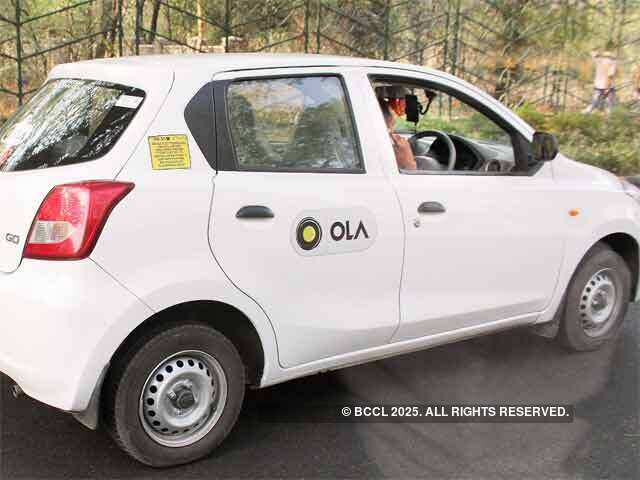
NEW DELHI: Two out of three frequent users of shared mobility services consider ride-hailing more economical than owning a car, according to Shared Mobility Survey conducted by Counterpoint Research.
The survey also confirms the changing attitudes and behaviour of Indian mobility customers, having examined their detailed usage patterns, preferences, and key pain-points while availing ride-hailing services.
In addition, respondents have also offered a glimpse of their thoughts on the future of shared mobility in India and the importance of car ownership for them.
Vinay Piparsania, Research Director Smart Automotive at Counterpoint Research said, “Evidently, challenges of rapid urbanization, traffic congestion, and affordability are the primary driving forces behind digital savvy Indians re-imagining their mobility requirements. Emerging ride-sharing technologies and self-drive alternatives are at the core of an emerging disruption in India’s mobility. Two out of three frequent shared mobility commuters surveyed have smartly concluded that ride-sharing economics beats the costs of car ownership”
Counterpoint Research conducted a first of its kind, primary consumer survey through an online platform. We surveyed a randomly selected group of 800+ respondents, who are smartphone users, across Tier I, II, and III cities in India.
The survey also revealed that two out of three ride-sharing/ride-hailing users avail the service at least once a week, confirming a high potential market for ride-hailing services to grow in the country.
Apart from this, the southern region has the highest awareness of ride-hailing services, followed by middle, western and north India. Eastern region has the lowest awareness of ride-hailing services.
On the findings about the awareness of shared mobility services across India, Vinay added, “The relatively lower penetration of shared mobility in Tier 2 cities presents a significant opportunity for shared mobility providers to now expand into these towns and cities. As the survey findings reveal, close to two in every three respondents would ‘most likely’ or ‘surely’ avail ride-hailing/ride-sharing services, if these were available in their area. Not surprisingly, consideration of alternate shared mobility services such as car-sharing (roughly one out of two) and car renting (about one out of three) are also gaining interest.”
It also stated that Ride-hailing services are most frequent for mid-distance (10-20KM) travel, with close to half of the respondents confirming their preference for this range. Use of such services for long distance travel (>20Km) was more common in the Eastern and Southern India region.
Commenting on this conclusion, Aman Madhok, Senior Analyst at Counterpoint Research said, “10-20 kms per trip is the ‘sweet spot’ travel distance most favoured for considering ride-hailing options. Personal vehicles are considered more convenient and cost-effective for shorter distances. For longer distances, people surveyed indicated their preference to use either their own vehicle or public transport, on account of the higher costs currently associated with ride-hailing services.